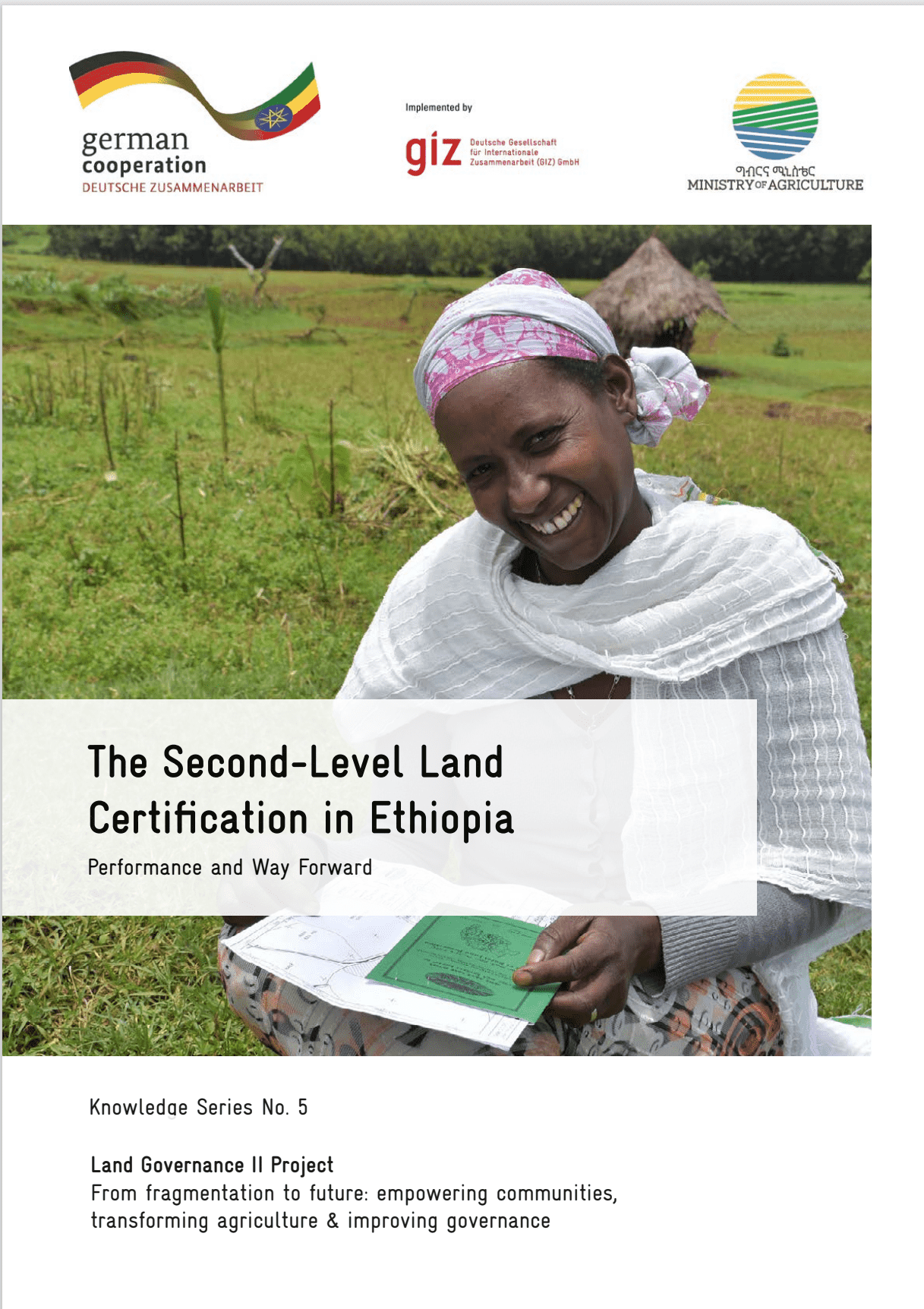Understanding Protracted Resource-Based Conflicts In The Horn Of Africa: The Case Of North Wollo Amhara And Zone 4 Of Afar In Ethiopia
Prolonged communal resource conflicts have undermined development and exacerbated poverty in North Wollo Amhara and neighboring Afar communities in Ethiopia for over two decades. Finding a permanent solution appears to elude all stakeholders mainly because of the inadequate understand of the underlying and proximate causes of these communal resource conflicts. To unpack the causes, the study employed in-depth interviews with three focus groups, 43 key informants and randomly selected 354 household heads.



